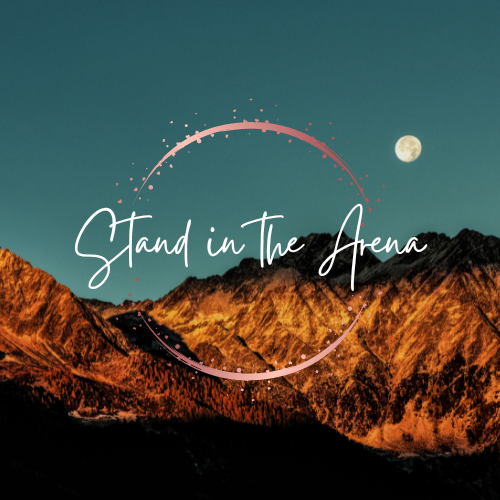Family HAZMAT - ALARA & Time/Distance/Shielding
In the first responder space, we're often confronted with a variety of hazardous situations that we have to interact with, sometimes at risk of great personal peril. Hopefully, your home life isn't filled with physical risk...but we can use many of the same tools we use in the first responder space to protect the six inches between your ears (and those of your loved ones), along with your heart. The tools we'll talk about help against physical risks but also the more metaphorical ones that might impact you like greed, envy, temptation, and such.
 |
| Unless it's candy...that's as high as reasonably possible. |
Similarly, we can look at keeping our social media usage (ours and our loved ones) ALARA. Video games? Many other "bad/negative" things often, obviously fall into this category but it's the gray area of good/neutral/universal things that we have to keep an eye on. We've talked about too much of a good thing, still being...well, too much, when we work through the list of activities that make up our lives, consider, carefully, what should be in our ALARA bucket of life.
Another HAZMAT principle that you should consider that we employ when it comes to radiation or explosives (or, I suppose to a certain level, any other hazard) is time, distance, and shielding (TSD). We can use this same system to help our families when it comes to things that we don't want to bring into our homes. To a certain extent, the items we talked about above - cell phones, social media, and the like can benefit from this principle. Additionally, the more ugly components of life can certainly benefit from this principle - drugs, alcohol, pornography, etc.
 |
| Distance is good...even if you've got a slingshot. |
Like HAZMAT, we can identify areas of our life (where or how we do life) that require extra attention. In the emergency world, we draw concentric circles (...ish - they're usually funky shaped based on wind/terrain/etc) that we label hot/warm/cold zones. The primary hazard(s) (the reason someone called 911) and the immediate area are the "hot zone." The warm zone is the area where we may have decontamination and the cold zone is where we establish the control perimeter, set up the command post, and generally have "the rest of the world." As it applies to family, understand when you're in the risky hot zone with whatever worries you and act with increased due diligence.
In a personal example, part of why we shifted gears with our primary job was being away with big work travel. Not only do we tend to drift apart when we're not with our loved ones, but we're also likely more prone to have other things fill that void. This could be a variety of things...but likely most of them aren't good or desired end states. On one end, it may just be diving into screens or snacks, on the other end, it may be diving into someone else's bed. For us, the addictive nature of "being the best part of someone's worst day" as a professional disaster responder meant a lot of time living out of a suitcase...all those hours were hours not trying to be the best part of the only folks that matter. By employing the ALARA and time-distance-shielding, we proactively created a life where we minimized our time away from home, limited the distance/time we traveled for work, and put up shields of expectation at the new job for travel. This came at a cost, but we'd seen enough friends end up in bad places when they had one spouse "live from a suitcase."
The point is, there are unique concepts that may connect with you on a personal level. If it works for you to use ALARA or time-distance-shielding, use it. If a part of it works, use that part. If something else entirely works for you, use that. When you're struggling with something, trying to prevent something, or just trying to live your best life, it's worth doing what you have to do to make it work. We owe that to ourselves and our loved ones.
With you in the arena, from ours to yours...Happy Trails!
Call to Action:
- What are three areas that you need to use ALARA or TSD for in your life to make it your best life?
- 1 - ___________________
- 2 - ___________________
- 3 - ___________________
- What are a couple things, specific actions you can take to limit your time with the hazards you've identified?
- Who is going to be an accountability partner, your "battle buddy" to help ensure you're keeping yourself...and your family safe?
- Discussion: Consider what you/your family could/would/should (level of commitment) and start/stop/sustain (action)
Further Reading, Motivation, and References:
- Ways to Achieve ALARA - https://blog.universalmedicalinc.com/7-alara-principles-for-reducing-radiation-exposure/
- Details on TSD - https://www.firerescue1.com/fire-products/hazmat-equipment/articles/time-distance-shielding-minimizing-radiation-exposure-yUjpcxrDyYFdibTa/





No comments:
Post a Comment